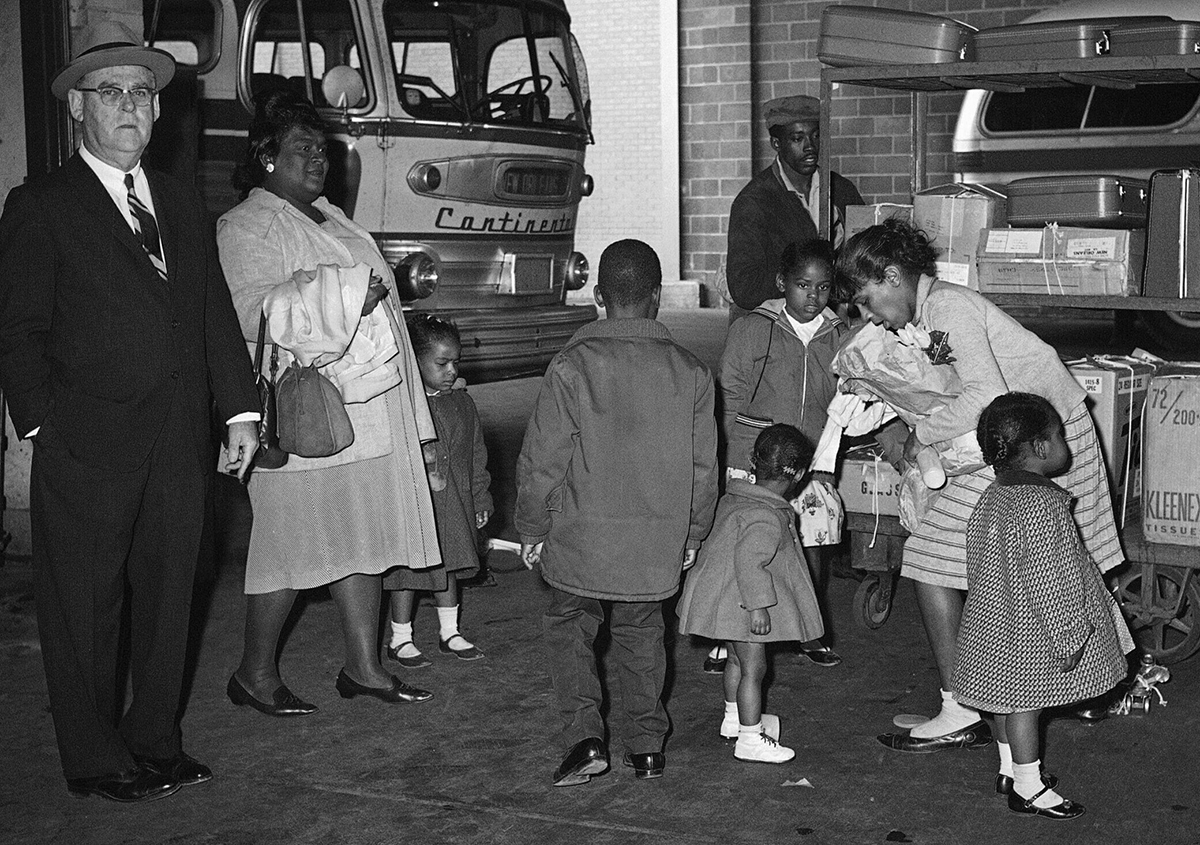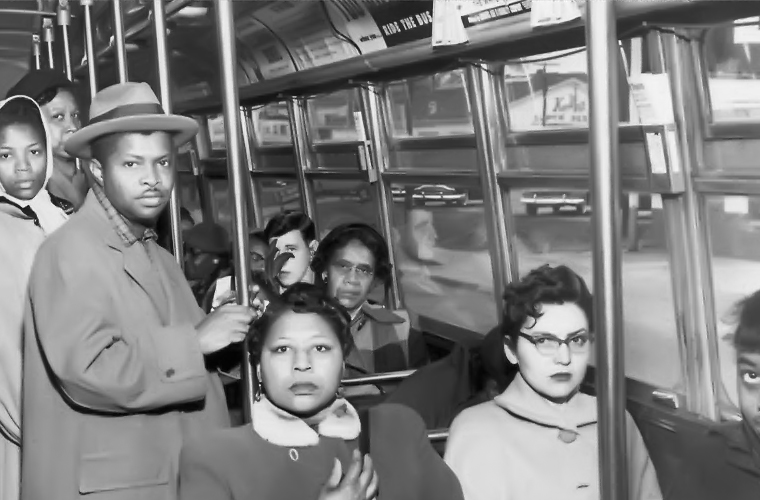Hall v. DeCuir is a significant legal case in the United States that dealt with issues of racial segregation and discrimination in public transportation. The case was decided by the United States Supreme Court in 1877. In Hall v. DeCuir, the Supreme Court considered a Louisiana law that required railroad companies to provide separate accommodations for White and Black passengers. Homer Plessy, an African American man, challenged the law by refusing to move from a Whites-only railway car and was subsequently arrested. Plessy argued that the law violated the Equal Protection Clause of the Fourteenth Amendment to the United States Constitution.
The Supreme Court, in a landmark decision, upheld the Louisiana law and established the legal doctrine of “separate but equal.” The Court’s ruling in Hall v. DeCuir allowed for racial segregation in public facilities, as long as the facilities were equal in quality.

The “separate but equal” doctrine set a precedent that would be followed for several decades, leading to the establishment of segregated public facilities across the country, including schools, parks, and transportation systems. It was not until the Supreme Court’s ruling in Brown v. Board of Education in 1954 that the doctrine of “separate but equal” was overturned, recognizing racial segregation as inherently unequal and unconstitutional.
Hall v. DeCuir, although decided in favor of racial segregation, played a significant role in shaping the legal landscape and the fight against segregation in the United States.

